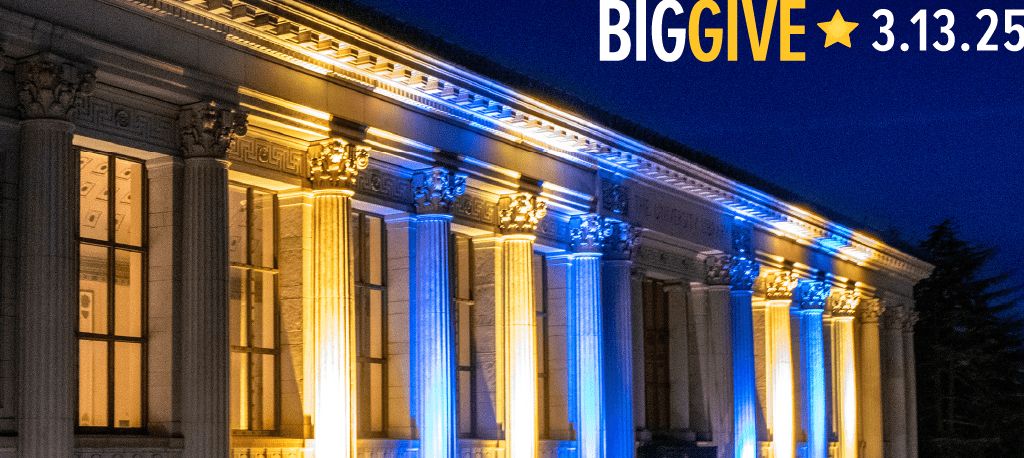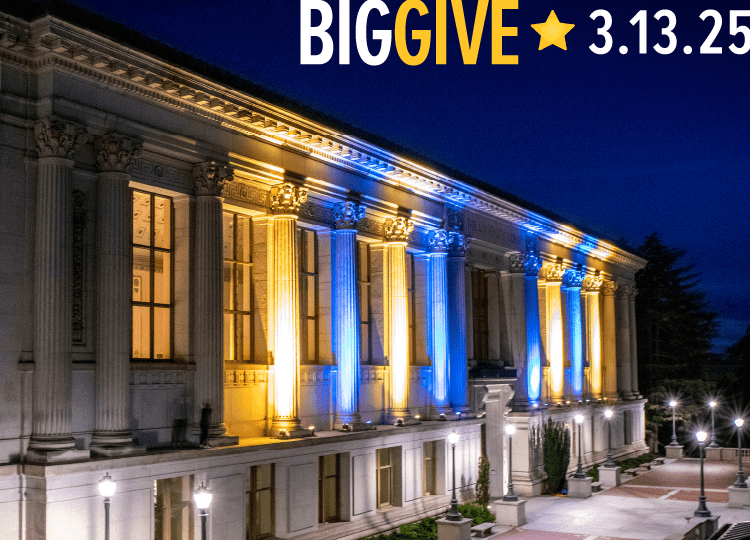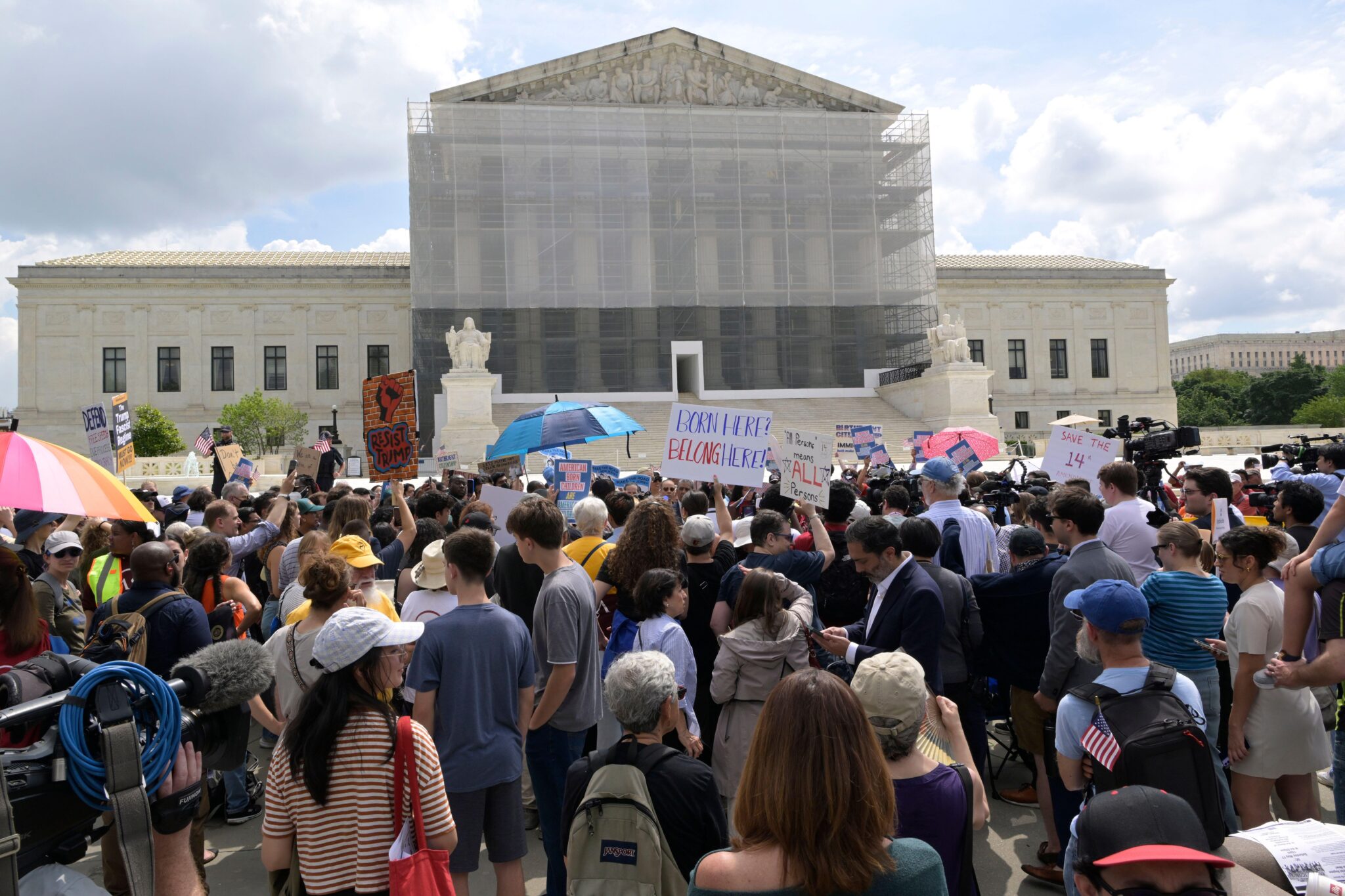Just hours after retaking office on January 20, President Trump signed an executive order ending birthright citizenship for children born in the U.S. to non-citizen, non-resident parents. The move, according to an analysis by the Migration Policy Institute and Penn State’s Population Research Institute, would deny citizenship to more than 255,000 newborns each year. Within days, two federal judges had blocked the order nationwide, with one calling it “blatantly unconstitutional” under the 14th Amendment.
The judges temporarily halted Trump’s effort by issuing nationwide injunctions, which allow a single judge to block federal policy deemed unconstitutional across the entire country, even for people not directly involved in a lawsuit.
That legal tool is now dramatically restricted. In Trump v. CASA, decided on June 27, the Supreme Court ruled in a 6–3 decision split along ideological lines to limit the use of nationwide injunctions. A single federal judge, the conservative majority held, should no longer have the power to block a presidential order for the entire country.
The ruling stunned many legal experts, among them Erwin Chemerinsky, dean of UC Berkeley School of Law and one of the nation’s foremost constitutional scholars. In a Seattle Times opinion piece, he called it a “tragic limit on the power of the courts to enforce the Constitution,” since now an illegal policy could remain in effect across most of the country even after being declared unconstitutional elsewhere.
The dissenting justices shared similar anxieties: Justice Sonia Sotomayor argued that “no right is safe in the new legal regime the Court creates. Today, the threat is to birthright citizenship. Tomorrow, a different administration may try to seize firearms from law-abiding citizens or prevent people of certain faiths from gathering to worship.” Justice Ketanji Brown Jackson went so far as to warn that allowing a president to violate the Constitution for those who haven’t sued yet is “an existential threat to the rule of law.”
“Let there be no doubt what this means,” Chemerinsky wrote, “the Supreme Court has greatly reduced the power of the federal courts. And it has done so at a time when the federal judiciary may be our only guardrail to protect the Constitution and democracy.”
California asked him to put this case in context and explain what it means for the future of the country.

This interview has been edited for length and clarity.
You’ve written that this ruling’s “practical consequences are enormous.” Why?
At a time when we have a president who’s engaged in so many unconstitutional things the Supreme Court has made it much harder for the courts to stop what the President is doing.
It seems like now a president can issue any executive order, and it can take a long time to figure out whether it’s unconstitutional nationwide. What are the potential implications of this delay?
The President’s unconstitutional order can continue every place except in the district where it’s been declared unconstitutional. So what it means is that, with regard to birthright citizenship, in those districts where the court has declared birthright citizenship to be a constitutional right, the Trump order isn’t followed. Every place else in the country the Trump order could follow it.
That means the law could be different depending on where a person lives. Why is that an issue?
The Constitution should mean the same thing every place. Federal law should mean the same thing every place. But this won’t do that.
It makes no sense for two babies to be born in identical circumstances within the United States, and one is a citizen and one isn’t. If the NIH is cutting off grants illegally, it doesn’t make sense that they have to be restored in one part of the country.
What does this ruling mean for birthright citizenship?
It’s very unknown at this point. I think ultimately Trump’s going to lose on the birthright citizenship [case], but how long until we get there for the whole country is unknown.
The ACLU has filed a lawsuit for a nationwide class action. It’s still going to go to the Supreme Court on the merits with regard to birthright citizenship, and the Supreme Court will rule. But the bottom line is, the Trump executive order is unconstitutional in three out of 94 federal districts, but those decisions apply only in those districts. The Trump executive order can still be placed—until districts stop it, or the Supreme Court steps in.
And we don’t know how long that will take…
Right.
Can you talk about the legal reasoning behind the Supreme Court’s decision?
Well, Justice Barrett said that the question is, could courts of Chancery issue such injunctions before the Constitution was written? And she said, since that power didn’t exist in England in the late 18th century, therefore federal courts don’t have it today.
I think that there are so many things wrong with that. One is, why should the meaning of the statute today mean what it did in the institutional power in England. It’s just, as Jackson says, courts in England couldn’t stop the king from acting. Why should we use that as a basis for limiting courts?
Second, the fact that a court didn’t do something doesn’t mean that the court couldn’t do something. Third, it’s really the nature of equity, which is what this is about, the power [of lower courts to issue an] injunction. They’ve always had broad power.
Do you think there are legitimate reasons to be wary of universal injunctions that could justify this decision?
That’s a difficult question, but I don’t think looking at what was the law in the late 18th century is the way to decide this question. What the Supreme Court did was weaken the power of the federal courts to stop unconstitutional presidential actions, and that’s very troubling.
Do you think they were politically motivated?
Nationwide injunctions existed during the Biden administration, but the Supreme Court never took action to stop it. Then we’re seven months into the Trump administration, and then the Supreme Court decides it’s going to stop it.
Can’t this decision come back to haunt Republicans?
Sure, this means that courts can’t issue nationwide injunctions against Republican and Democratic presidents. But in the current context, with a president who’s so consistently violating the Constitution, it is especially troubling.
Moving forward, what are the other legal strategies that challengers can use?
There’s the possibility of a class action suit, but that’ll be an additional procedural hurdle, and we’ll see how the courts deal with that. Another possibility is having state government sue on behalf of their residents.
The state of Washington brought a lawsuit on behalf of all the people in Washington. Will the Supreme Court allow state governments to do that? It’s unknown.
And if not, do you think class action lawsuits are sufficient?
Whether they can be an alternative, we just don’t know at this point.



















